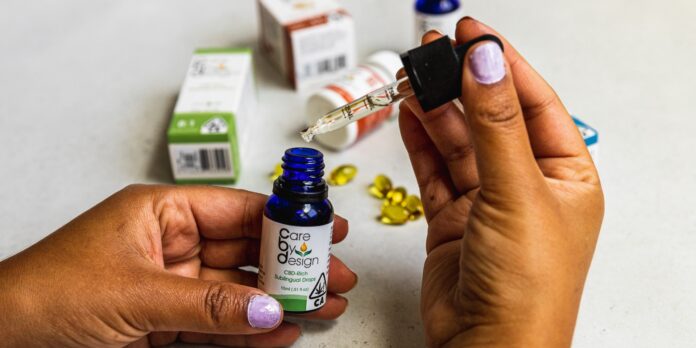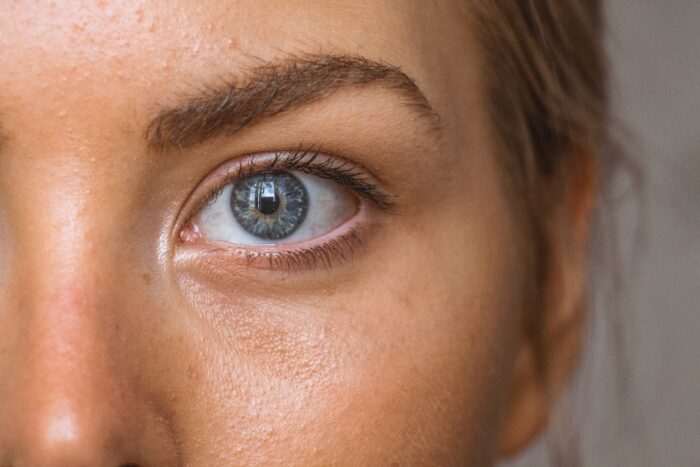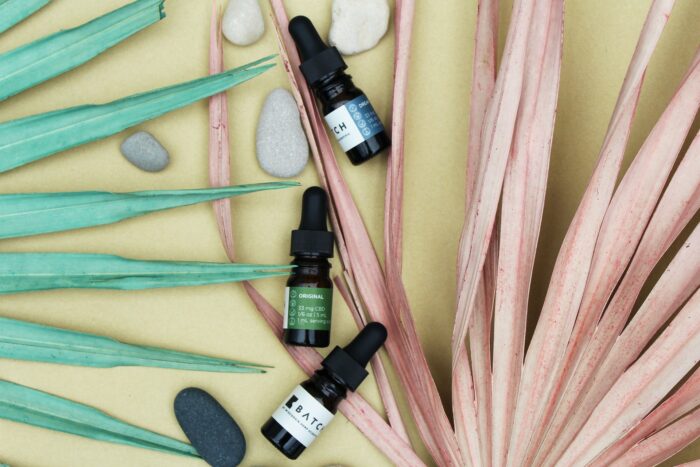
We’ve witnessed in recent years the widespread legalization of cannabis and cannabis-related products, such as CBD, especially since the passing of the Farm Bill in the United States, which nationally legalized hemp from which CBD is derived. With this has come a multitude of proponents of the health benefits we can derive from these substances.
For example, CBD has been proven by many anecdotes and further research is being undertaken on how it can be effective for pain relief and alleviating symptoms of illnesses such as arthritis, depression, anxiety, and cancer (learn more on how this works at cbd-oil-canada.ca). Along with CBD is another oil that can be obtained from the hemp plant belonging to the Cannabis sativa species, hemp seed oil, more commonly referred to as simply “hemp oil.”
Unlike CBD that is harvested from the leaves of the hemp plant, hemp seed oil, as its name states, is harvested from hemp seeds. But much like its cousin, CBD, hemp is believed to generally have no THC, which is the psychoactive component of the cannabis plant.
Hemp seed oil is quickly becoming one of the more popular products in the beauty industry. Many clean beauty brands have been using hemp seed oil as a core ingredient in their products because of the multiple benefits that it can provide for your skin. If you’re looking for a natural alternative to add to your skincare routine, hemp seed oil might be exactly what you’re looking for.
How can Hemp Seed Oil Benefit My Skin?

Here are some of the things that hemp seed oil could do for your skin:
1. Keeps oil production under control
When your skin is dry, it can cause the overproduction of oily skin, which will result in the appearance of acne. The unique properties of hemp oil give it the capacity to balance out your skin through hydration. By keeping your skin hydrated, dryness is reduced and your skin’s oil production is therefore kept in check. Furthermore, the use of hemp can prove to be advantageous as compared to other products because unlike some products, hemp seed does not clog your pores.
2. Moisturizes and decreases skin inflammation

GLA, or gamma-linolenic acid, is one of the components of hemp seed oil. This is an omega-6 fatty acid that has anti-inflammatory properties and can stimulate both skin growth and new cell generation at the same time, according to Healthline. This allows you to reduce the occasional itchiness, redness, and other symptoms of inflammation that may naturally show up on your skin sometimes.
3. Fights the signs of aging
The hemp seed oil contains oleic and linoleic acid, which are critical when fighting the signs of aging, according to hempmarketreport.com. Our bodies can’t naturally produce these acids so if you want to hold your ground in your fight against the signs of aging, it’s essential that you find an external source for these nutrients. Through the use of hemp, you’re able to achieve glowing and youthful skin since it can help in the reduction of wrinkles and lines on your face, as well as help prevent your skin from becoming dry and dull.
4. A natural antioxidant

Apart from GLA, Hemp Market Report stated that hemp seed oil also contains antioxidants such as vitamins A, C, and E. Antioxidants, as found in a number of dermatology studies, play a huge role in preventing oxidative cell damage, which in turn results in the dialing back of the aging process.
5. Reduces acne
The acne on your face caused by the overproduction of oil on your skin and the blockage of your pores can be prevented by using hemp oil. According to cbdcentral.com, hemp seed oil hydrates and soothes the skin resulting in the regulation of oil production without clogging your pores, helping you get rid of those annoying breakouts, and preventing them from happening in the future as well.
6. Treats skin conditions

Through its anti-inflammatory and antioxidant properties, hemp seed oil can be used as a treatment for chronic inflammatory skin conditions. Apart from helping with acne problems, hemp oil can also help you in the reduction and prevention of the growth of blackheads, whiteheads, and cysts on your skin. According to purpletea.com, hemp oil can also be used to treat conditions such as eczema, psoriasis, and lichen planus.
How do I Use Hemp Seed Oil for My Skin?
The most common way of using hemp oil is by applying it to your skin topically. When using it topically, apply it directly on the area and let it sit for a while, somewhere between one and two minutes. Afterward, rinse with warm water and if possible, use a mild face cleanser as well.
One thing that you should remember though is to first make sure that your body does not have any unwanted and adverse reactions to hemp seed oil. A patch test is something that you can do if you want to find out whether or not your body does not react well to the use of hemp oil. You can do a patch test, as laid out by healthline.com, by applying pure hemp oil on a small area of your body away from your face, such as your arm, and covering it with a bandage and leaving it be for a day.
It’s important to make sure that the bandaged area does not come into contact with other substances, especially water. Within the next 24 hours, consciously monitor yourself to see if any irritation such as burning, itching, or redness occurs. If you don’t experience any irritation, it’s safe to assume that it would not be bad for you to use hemp oil, but if you observe any unwanted reactions, immediately wash the spot with running water and soap, and start looking for other alternative products because your body is probably sensitive to hemp seed oil.
Apart from topical use, hemp seed oil may also be consumed through ingestion. If you don’t like the taste by itself, you can mix it with your food and even incorporate it with your own personal recipes. However, it is advised to consult your doctor first when you’re considering taking hemp seed oil orally.
To achieve maximum benefits with the use of hemp oil, it’s essential that you use it consistently by making it part of your skincare routine or making hemp oil a staple in your meals.
Does Hemp Seed Oil Have Side Effects?
It’s generally safe to use hemp seed oil and in the rare instances that side effects do appear, they are often mild. For those who use it topically, it may cause slight irritation, which is why it’s essential to conduct a patch test first. On the other hand, oral use may bring you digestive upset and loose bowel movements. To avoid burdensome side effects, consult your doctor before using hemp oil. Also, when you begin using it, remember to start small and observe your reactions first, before working your way up to an ideal dosage.








